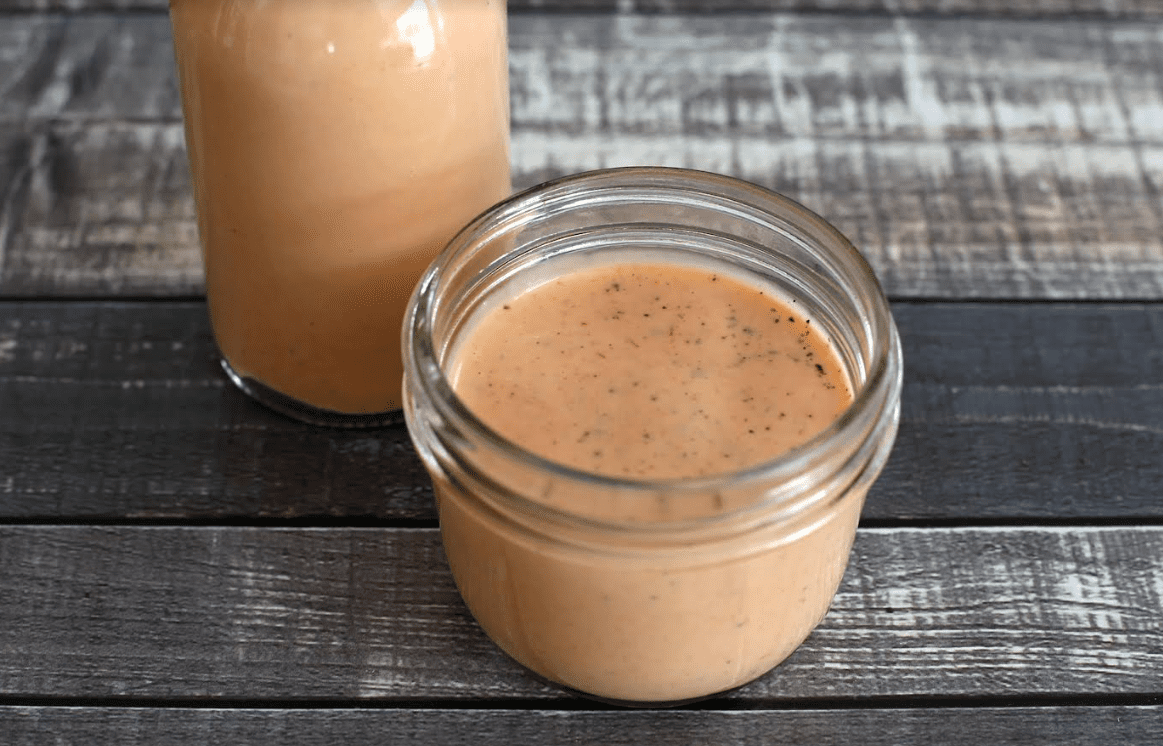
Robert St. John
Restauranteur Robert St. John spends roughly 10 weeks a year working in Italy. He says he stays true to his when-in-Rome-do-as-the-Romans-do dining philosophy (mostly) during those times.
One of the travel codes I abide by is the when-in-Rome-do-as-the-Romans-do dining philosophy. No matter where I am in the world, I always make it a point to eat where the locals eat. I try to adhere to that in other aspects of travel besides dining. There’s nothing more obnoxious than Americans coming over here expecting everything to be as it is in America, even demanding it, sometimes.
Don’t get me wrong. I’m not some Italophile who thinks everything is better over here than back home. Far from it. I love my country, its people, its food, and its traditions to my core, especially my home state of Mississippi. Texans are noted for the pride they take in their state. I have that— times 10— for Mississippi.
I had an aunt and uncle who lived in Virginia. They also had an apartment in Paris and a house in Normandy that they kept after he was stationed in Europe after World War II. They had high exposure and great world traveling experience, but every time the entire family got together it was, “France this and France that,” and “Everything was better in France” over what we do in America. They would even speak French to each other at the table knowing none of us understood. Don’t get me wrong, I loved my aunt and uncle. But that was obnoxious in reverse.
In 2011 I made one of— if not the best— parental decisions I’ll ever make. I took my wife, 14-year-old daughter, and 10-year-old son on a six-month, 72 city, 17 country jaunt through Europe. On that trip I had three hard and fast rules for the kids: 1.) No American fast food. 2.) No video games. 3.) No American television. It was a great six months, and the kids had no problem sticking to those guidelines. We ate as the locals ate, where the locals ate, no matter if we were in Barcelona or Dubrovnik.
Though on Thanksgiving that year I called a one-time audible to the three-rule dictum and let them eat at the Hard Rock Café in Venice. They had been troopers for months and had earned an American meal. To be honest, I enjoyed my burger as much as they enjoyed their chicken tenders and nachos.
For the first six years I worked over here – even on my days off – I stayed true to the edict I had laid down for my family years earlier and stuck with all Italian food all the time during my six to eight week work stints.
These days I get one day off a week while hosting tours and in between groups and I usually go to my friend Paolo’s restaurant, Caffe Degli Amici, in the center of town. It’s the restaurant where my son worked when he lived here. It’s as local as local gets. I typically order pasta Amatriciana, Arrabiata, or several other of Paolo’s mama’s excellent recipes. But this spring when fresh peas were coming in, I noticed that they also had purè di patate (mashed potatoes). I was in the middle of a four-week run of true authentic Italian food. I reverted to my childhood whimsies and ordered “purè di patate and piselli” (mashed potatoes and English peas). I’ve done it several times since.
Sometimes I get fried calamari as my entrée (theirs is the best I’ve ever had) and is good with a little extra-virgin olive oil drizzled on top instead of marinara as a condiment. But lately it’s just mashed potatoes in English peas.
Right now you’re probably thinking — “He’s over in that great country with all that excellent food, and he’s eating the most basic of basic vegetables sides — mashed potatoes and English peas. Isn’t he the guy who lives by the when-in-Rome-do-as-the-Romans-do dining philosophy?” You would be correct in thinking that. Though Paolo’s is an authentic, locals-only Italian restaurant. Also, you would be reaching that conclusion without knowing my love and adoration for that specific combination of vegetables, the history behind why I like that particular mishmash, and its scarcity in my adult life.
My father died when I was very young. I have almost no memories of him. Though, in my mind’s eye I can see him tapping on the side of a spoon as he put sugar in his cereal. I do remember that he brought me a Bit O’ Honey candy almost every day when he came home from work, and he always made a nest of his mashed potatoes, put his English peas in the nest, and ate them together. I must have seen him do it because I have always done it that way, too.
The fact that all of my memories surrounding my father involve food speaks volumes.
I grew up eating mashed potatoes and English peas in my childhood home. It seems as if my mother made mashed potatoes most nights. My grandmother served mashed potatoes and English peas with fried chicken on Saturdays.
My wife and kids have a substantial disdain for English peas. They are never served at dinner in my house. We eat a lot of mashed potatoes, but if I’m going to have English peas, I’ll be preparing a solo batch.
So, when I saw fresh peas on the menu at Paolo’s last spring, I jumped at the opportunity to order them, mashed potatoes, too. I sat and ate with a huge smile on my face while others around me were dining on pasta and risotto. I have ordered that combination several times since, and every time it takes me back to my childhood dinner table.
I spend roughly 10 weeks a year working in Italy. That’s around 200 authentic, local, true Italian meals a year — breakfast, lunch, and dinner. I stay true to my when-in-Rome-do-as-the-Romans-do dining philosophy (mostly). For the first five years or so I never wavered. These days I tend to venture out a little on my days off. The mashed potatoes and English peas would be one example.
There’s also a unique Asian fusion restaurant in the small town of Barberino-Tavarnelle. There are only a couple of thousand people in this town, but they have a world-class Asian restaurant. A local man married an extremely talented Japanese chef who has serious skills and touch in the kitchen. If that little restaurant was in my hometown of Hattiesburg, I’d eat there three times a week. It’s an Asian-fusion concept that blends, Japanese and Italian. Sometimes she’ll throw in Mexican. Sounds strange, but she pulls it off with a 12-item menu that changes daily.

Yesterday on my day off— after 20 days of pasta and other Italian staples— I enjoyed one of the great poke bowls of my life. It was perfect. It was beautiful. It was exactly what I needed.
When I host guests, I stick to the plan— all authentic Italian, all the time. I want to cover all the bases and check all the boxes with them. But these days, and especially after a few weeks of solid Italian, I allow myself a little culinary grace and venture out. Sometimes with brave new horizons such as Japanese-Mexican-Italian fusion, and other times with a longtime staple with fond memories— mashed potatoes with English peas.
Onward.
#####
THIS WEEK’S RECIPE: Calamari Salad
- 2 ½ lbs. Calamari, sliced tubes and tentacles
- ½ gallon Water
- ¼ cup Dry white wine
- ¼ cup White vinegar
- 4 each Lemons
- 2 TB + 1 tsp Kosher salt
- 1 TB Whole black peppercorns
- 1 sprig Italian flat leaf parsley
- 1 sprig Fresh thyme
- 2 TB Red wine vinegar
- 1 TB Tarragon vinegar
- ¼ cup Extra virgin olive oil
- ¼ tsp Fresh ground black pepper
- ½ tsp Fresh garlic, minced
- ¼ cup Italian flat-leaf parsley leaves, loosely packed
- 2-3 each Large leaves fresh basil, chiffonade
In a 2 quart stock pot, combine water, wine, white vinegar, 2 lemons, 2 TB salt, peppercorns and the sprigs of parsley and thyme. Bring to a boil, reduce to a simmer and add the calamari. Leave in the water for 3-4 minutes to partially cook the calamari. Strain and spread out on a pan to cool completely. Discard the poaching liquid.
Stack the basil leaves, roll them tight, and slice thin with a sharp knife (chiffonade).
Once the calamari has cooled, combine with the juice of the remaining 2 lemons, red wine vinegar, tarragon vinegar, oil, 1 tsp salt, black pepper, garlic, parsley leaves and basil. Cover and marinate in the refrigerator for a couple hours. Serve chilled.











